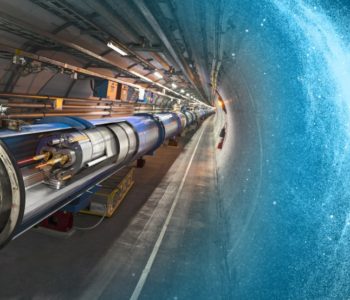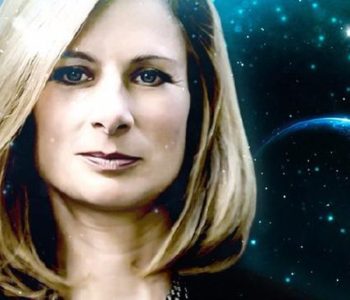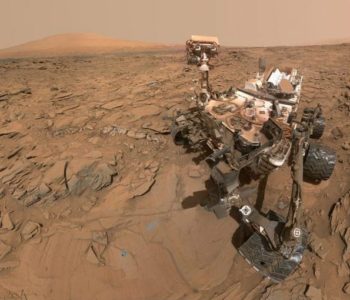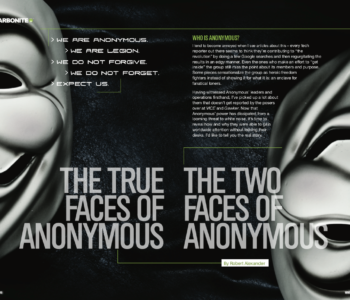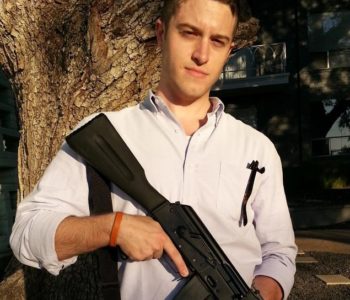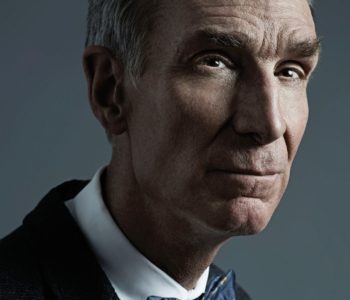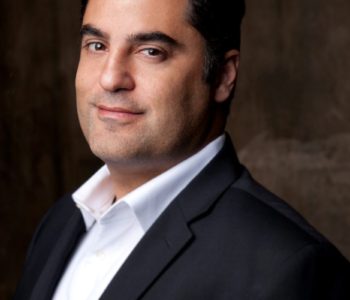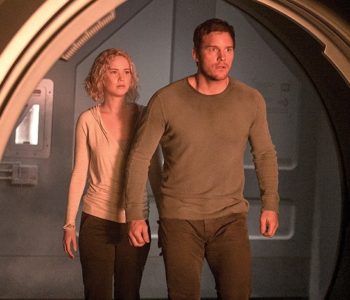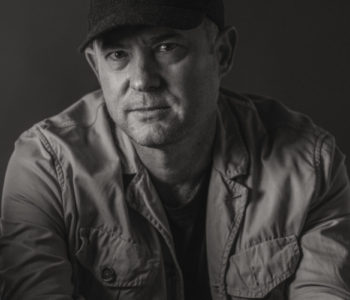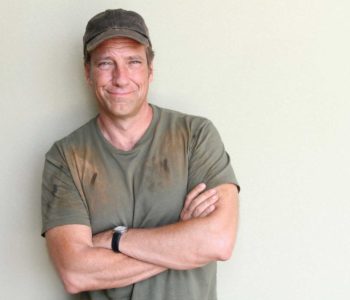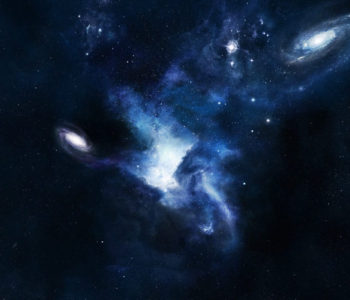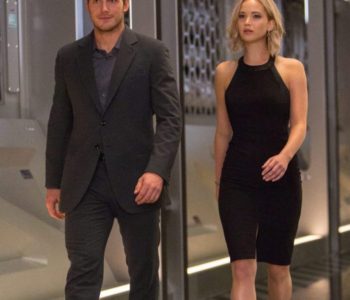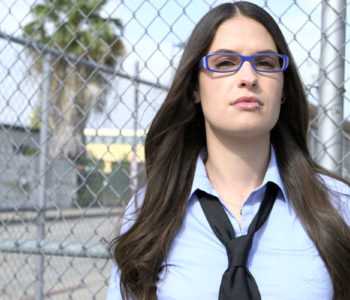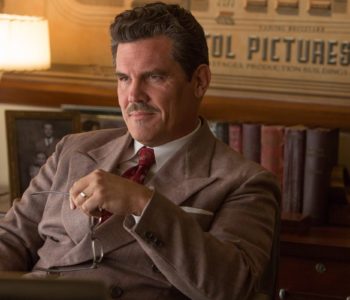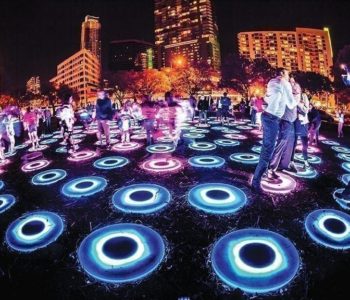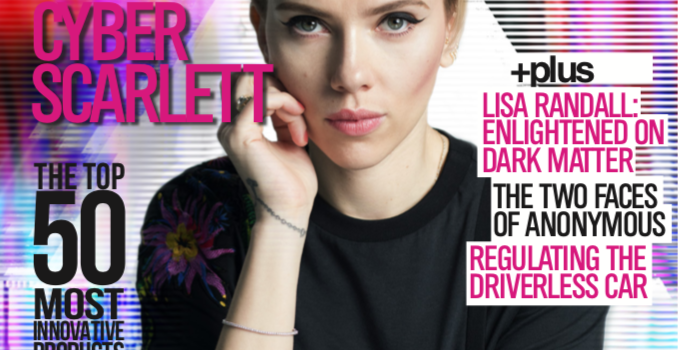 movies
movies
Scarlett Johansson on Acting, Technology, and Ghost in the…
Science fiction is said to hold a mirror to the present. And, because of that, one might think it wouldn’t have much staying power – that after each decade we would cast off the old commentary and never give it another look. However, since Shelley’s Frankenstein in 1818, the genre has been home to classics that, because of their narrative richness or technological foresight, remain relevant.
Case in point: Ghost in the Shell, a Japanese manga originally published almost 30 years ago, with a story that depicts a world of people both connected and disconnected through technology, and one in which cyber terrorism is the dominant threat.
Released in March of this year, Paramount’s live action adaptation of the popular manga and anime made headlines, in no small part because of leading star and highest-grossing actress of all time, Scarlett Johansson.
The most striking thing about Johansson is her charisma. While not the quality some would cite first, it’s that aura of intelligence, self-awareness, and subtlety that makes Johansson more of a classic Hollywood beauty than a momentary bombshell. And, likewise, her filmography reflects an investment in characters more obsessed with quests of personal fulfillment and self-discovery than superficial glamour.
Johansson’s role as The Major in Ghost in the Shell is no different, as beneath the film’s cyberpunk action, there’s a deeply character-driven story – one that, Johansson claims, is especially relatable in today’s world.
Innovation & Tech Today: In one of your most memorable performances, you played the digital assistant Samantha in the film Her, and here in your upcoming film Ghost in the Shell, you’re once again starring as an artificially intelligent character. How did you prepare for this role and can you cite any specific influences?

Scarlett Johansson: Well, I wouldn’t say my character is actually an A.I. character because she has a human brain. She’s sort of a cyborg, I guess you would say. I didn’t have any influences really. I think it’d be sort of an impossible character to be influenced because she’s, you know, a person who’s experienced – well, she’s both a person and not [laughs].
I&T Today: It’s complicated.
SJ: It is complicated, but she’s experienced a sort of loss of identity, and this film is as much about her search for a cyber terrorist as it is about her search for the truth about herself. Her own identity, her past…the experiences that have been taken away from her.
I&T Today: Here you are, an empowered female main character in a futuristic police surveillance state where everyone is connected through technology. Dare I ask, Why now? What drew you to this role and what do you think makes its themes particularly relevant today?
SJ: I think oftentimes when we see the future, it’s portrayed in a dystopian way and other times it seems sort of sterile and characterless. I think Rupert’s [Rupert Sanders, the director] idea of the future is one that is a lot more realistic, or at least based in some kind of realism. I think it shows a society that is very much disconnected as a result of how connected they are. And, I think also of course, you see different characters in the film – people in general – having these sort of cyber-enhancements to make their lives easier. But, in a way, some of the characters in the film, certainly my character and also Pilou’Asbæk’s character Batou, who is very much human, express longing for just everyday life as it was, or as they either remember experiencing it. And it seems like a conversation that is echoed in the discourse today.
It seems like a conversation I have with friends of mine where we kind of yearn for the good old days where you could actually just get on the phone and call somebody, and not have to decipher a text message or wait for an email. I watch my friends kind of struggle with what the appropriate email etiquette is. I think we all sort of yearn for a time when everything was more to the point, more visceral and real.

I&T Today: I know what you mean. There are protocols we have to follow, and it does seem a little impersonal at times.
SJ: It seems like Rupert’s idea of the future is one that has both beautiful possibilities and also sort of a disconnect. But, y’know, I really loved Rupert’s vision for this project. I mean, when I saw the anime it seemed like it would be a challenge to kind of fill it out. I didn’t necessarily get from it exactly what the full picture of this character’s experience was. And the script kind of followed the anime and was more plot driven. It was hard to get a feel for how the character was going to drive this story. And Rupert and I really talked about this as a kind of coming of age story, a sort of a loss of innocence, which I hope comes across in the film. Of course, there was plenty of action. The world is explosive and it’s visually intoxicating, which is what the audience is expecting. But probably what they’re not expecting, which hopefully will take them by pleasant surprise, is that this is really a character-driven story, and really the story of one woman’s journey to understanding herself and accepting herself.

Scarlett Johansson plays The Major in Ghost in the Shell from Paramount Pictures and DreamWorks Pictures in theaters March 31, 2017.
I&T Today: The anime is very sophisticated, and it does seem to have an emphasis on mystery and conflicted characters. I noticed that this is a recurring theme for you. Looking through your filmography, we see a lot of rebels, misfits, skeptics, and black sheep who are often given power (Black Widow, your character in Under the Skin, Lucy, and now The Major with Ghost in the Shell). Is there a conscious attraction between you and this kind of role?
SJ: Gosh, I don’t know. I haven’t really thought about it I guess. Perhaps subconsciously there is some kind of connection with these characters that are trying to carve a different story for themselves, perhaps, than what’s expected of them. I’m interested in characters that are curious about themselves, and I think that because of that I’ve often played characters that are on this particular journey of self.
I hope to always play characters that are questioning their own destiny and characters that fight against the status quo, I guess.
I&T Today: I know cybersecurity is an important component here in the film. More and more movies are incorporating cyber security as a plot device (and, of course, it’s topical). Do you think this will continue to be an obsession in cinema and, if so, why?
SJ: Well, I think so, because it’s topical like you said and it’s a good threat. It has a good threat component. It’s a powerful threatening component in any of these stories, like the total takeover. I think as we realize how vulnerable we are, how dependent we’ve become on, whatever you want to call it, cyber intelligence. I can barely like operate a Blackberry. But I think we’ve sort of suddenly, in the past couple years, gone, “Oh, wait, there’s a dark side to this.” I think we, as a society, had been kind of living blissfully and consuming information and also leaving information and have rarely thought about what the long term or even the short term consequences are. And now it’s certainly like it’s really come back. It’s like a beast, seemingly with no end in sight. So I think it will continue to be a trend, definitely. And it certainly works well for plot device


